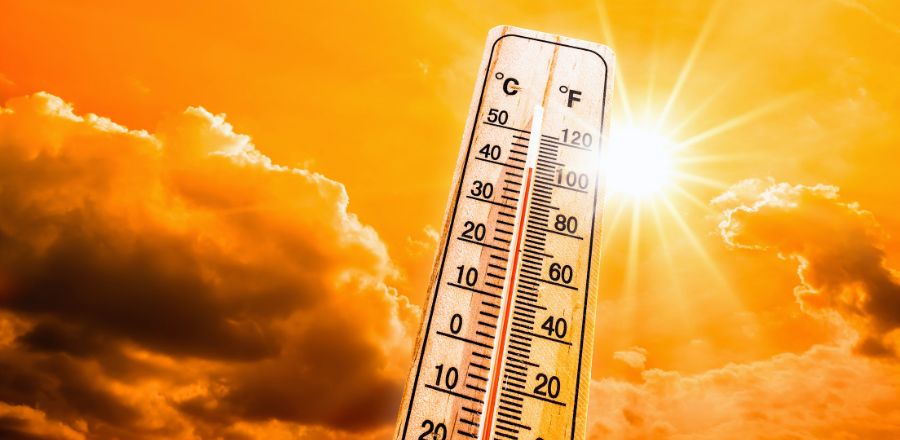A James Cook University scientist says an emerging ‘insect apocalypse’ will have radical effects on the environment and drastically reduce the ability of humankind to build a sustainable future.
JCU’s Distinguished Professor William Laurance is co-author of a major international study on the future of insects under climate change scenarios.
He said the biosphere has already warmed by about 1.1° Celsius since industrialisation and is projected to warm a further two to five degrees by 2100 unless greenhouse gas emissions are significantly reduced.
“A growing body of evidence shows many populations of insects are declining rapidly in many places. These declines are of profound concern, with terms like an emerging ‘insect apocalypse’ being increasingly used by the media and even some scientists to describe this phenomenon,” said Professor Laurance.
He said insects are important parts of biodiversity and provide services to the wider environment such as pollination, pest control and nutrient recycling – beneficial to other higher-order creatures including humans.
“The loss of insects works its way up the food chain, and may already be playing an important role in the widespread decline of their consumers, such as insect-eating birds in temperate environments,” said Professor Laurance.
He said insects are among the most affected groups of animals from climate change, due to their generally small body size and because the vast majority of species can’t regulate their own body temperature, so are susceptible to changing temperature and moisture levels.
The study found habitat loss and fragmentation and isolation, chemical or organic pollution, invasive species and other human-caused changes to the environment are currently recognised as the main drivers of the decline of insects, with climate change amplifying the effects of the other threatening factors.
“If, as it seems, climate change is to continue unabated and with climatic extremes in particular posing an immediate, short-term threat to insects with long-term consequences for ecosystems, it’s essential to manage and restore habitats that make them as ‘climate-proof’ as possible and enable insects to find refuges in which they can ride out extreme climatic events,” said Professor Laurance.
He said at larger scales, corridors should be maintained that enable insects to disperse over time to more climatically suitable habitats.
“The evidence is clear and striking. We need to act now to minimise impacts on insect populations – we know how to do it, but the decision making and requisite funding keep getting pushed down the road.
“If instead we decided to conserve insect communities and restore the ecological balance in farming landscapes, human welfare could be improved and substantial downstream benefits could be reaped,” said Professor Laurance.








